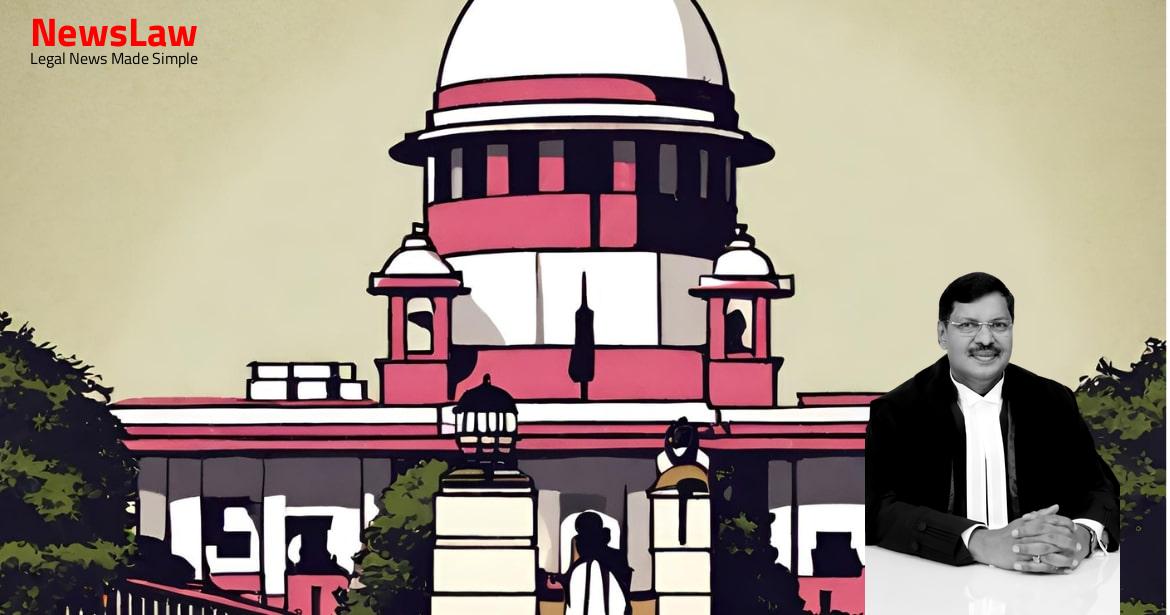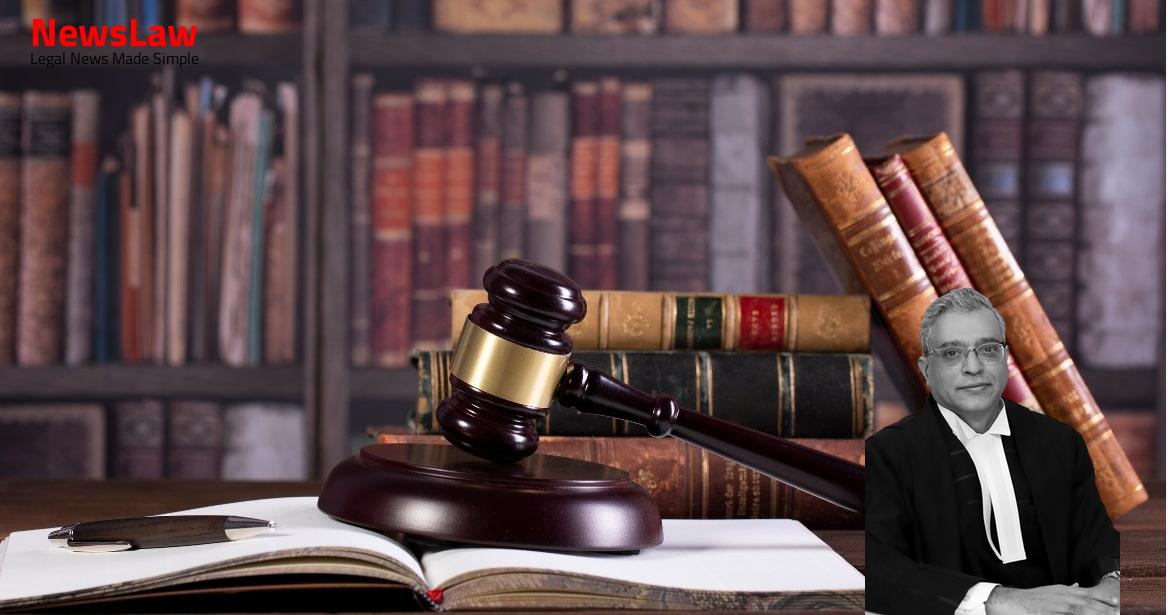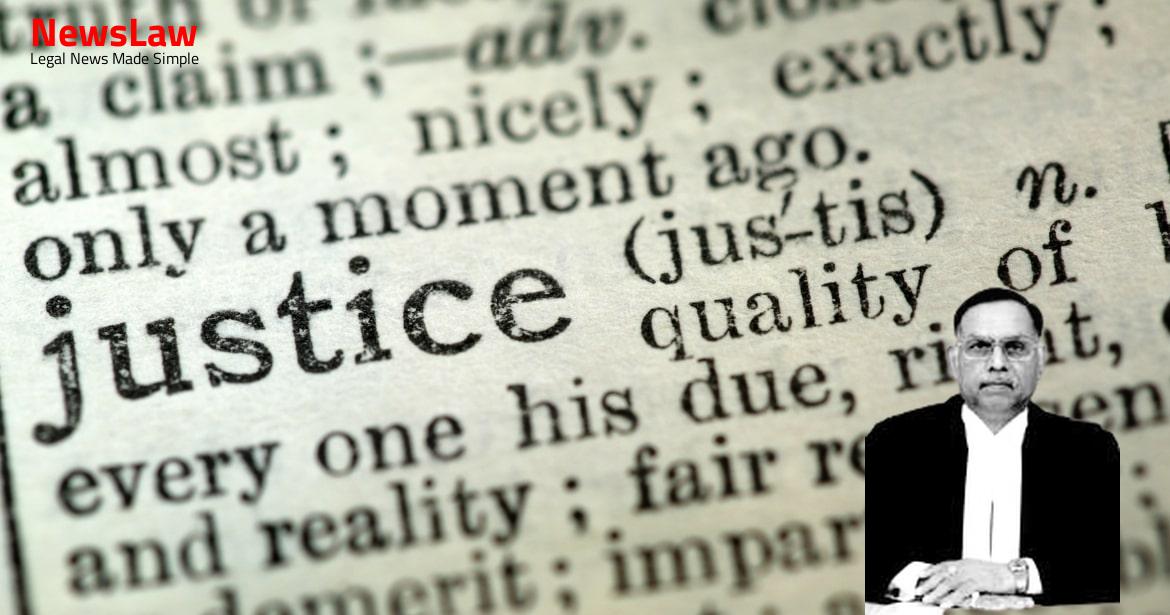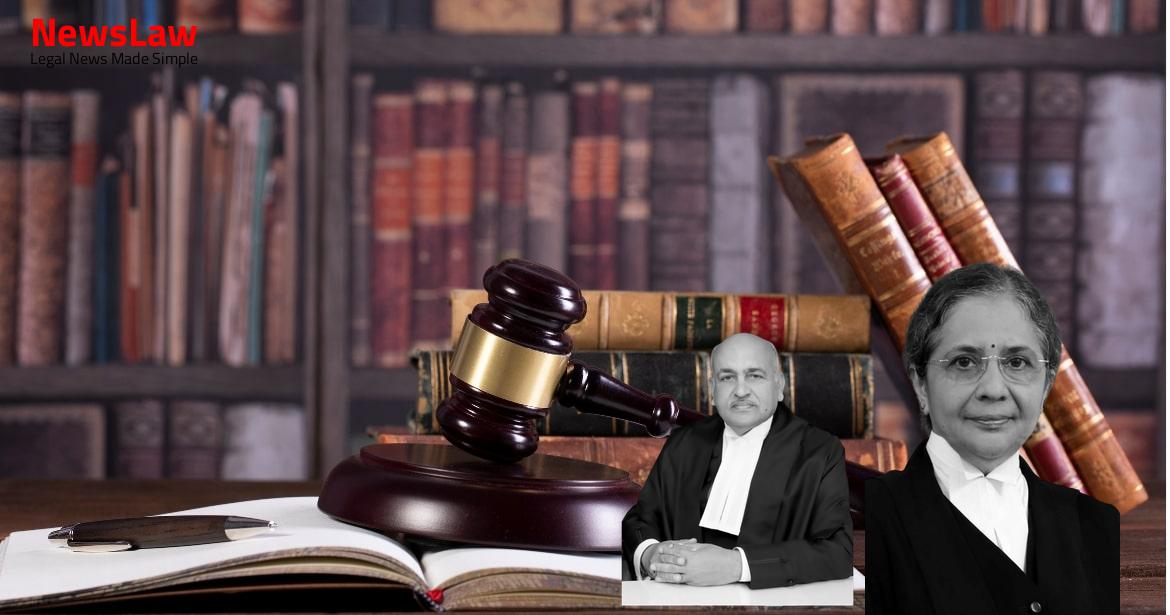In a recent review, the Supreme Court of India addressed the imperative of upholding equality and justice for Scheduled Castes and Scheduled Tribes. The judgment highlights the ongoing challenges faced by SCs/STs in accessing civil rights and amenities, emphasizing the need for continued efforts towards equality. The review underscores the significance of treating all individuals with equal dignity, aligning with the protective discrimination measures for SCs/STs as prescribed in the Constitution and the Act of 1989.
Facts
- The Financial Assistant Commissioner (FAC) had reportedly failed to consider the evidence in its entirety
- It was noted that the FAC had ignored important factors while making the assessment
- The FAC had overlooked crucial details leading to an incorrect judgment in the case
- The judgment of the FAC was found to be unreliable and needed a review
Also Read: Urs Family Property Dispute: Supreme Court Decree
Arguments
- Dilution of the mechanism to prevent atrocities would undermine its objective
- Directions issued are considered legislative in nature
- Legislation is crucial to remove caste-based discrimination
- Rule 7(2) mandates completion of investigation within 30 days
- Immediate registration of FIR and arrest is necessary to prevent frustration of Rule 7
Also Read: Jurisdictional Interpretation in Kamlesh Babu v. Lajpat Rai Sharma
Analysis
- Article 17 of the Constitution abolishes untouchability and Section 18 of the Atrocities Act aims to instil a sense of protection among Scheduled Castes and Scheduled Tribes.
- The power under Article 142 is supplementary and complementary to statutory powers, used to ensure complete justice and prevent obstruction to justice.
- Court held in various cases that personal security, reputation, and right to life are protected by the Constitution.
- Judicial review should not transgress into policymaking domain, and directions should not conflict with existing statutes.
- Provisions like denial of anticipatory bail under section 438 do not violate Article 21 of the Constitution.
- Special provisions under Article 15(4) for socially and educationally backward classes are permissible to address historical disadvantages.
- Guidelines issued by the Court in relation to the SC/ST Act aim to prevent misuse while ensuring a fair application of the law.
- The power under Article 142 cannot supplant substantive law but can be used to ensure justice without violating statutory provisions.
- The judgement addresses the issue of discrimination based on caste and the need to ensure equal treatment for all individuals, especially those belonging to Scheduled Castes and Scheduled Tribes.
- The directives provided for appointing authorities to conduct preliminary inquiries before registering FIRs for cases related to atrocities against SCs/STs were considered impermissible under Article 142 of the Constitution.
- Concerns were raised about delays in investigations, lack of witness support, and failures in the criminal justice system contributing to low conviction rates in cases under the Act of 1989.
- The judgment highlighted the ongoing prevalence of untouchability and the challenges faced by SCs/STs in accessing civil rights and amenities, indicating the need for continued efforts towards equality.
- The amendments made to the Act of 1989 in 2016 were acknowledged for enhancing provisions related to atrocities against SCs/STs and expediting the justice delivery process.
- The court emphasized the importance of upholding the protective discrimination measures for SCs/STs as prescribed in the Constitution and the Act of 1989.
- The potential negative impact of requiring approval for arrests by appointing authorities in cases under the Act of 1989 was discussed, highlighting concerns about delays in investigations and violations of rights.
- The judgment underscored the significance of treating all individuals with equal dignity and ensuring that protective measures for SCs/STs are not diluted or discriminatory in nature.
- Direction (iv) of the judgement is unsustainable for multiple reasons.
- It puts members of Scheduled Castes and Scheduled Tribes at a disadvantage in terms of procedure compared to upper caste members.
- No preliminary investigation is required for complaints lodged by upper caste members.
- Preliminary inquiry should not be essential for registering an offence under the Atrocities Act of 1989.
- The ultimate aim is to create a casteless society.
- Hope for a future where legislation like the Act of 1989 won’t be necessary.
- Aspire for a society where there is no need for reservations or caste-based distinctions.
- All citizens are envisioned to be equal in all aspects, eliminating the need for protective discrimination.
- The directions issued encroach upon legislative domain and go against the concept of protective discrimination for marginalized classes under Article 15(4) of the Constitution.
- The directions are impermissible under the parameters set by the Court for exercising powers under Article 142 of the Constitution.
- Direction Nos. (iii) and (iv) of the judgement are being recalled based on the considered opinion of the Court.
Also Read: Land Acquisition Proceedings: Declaration of Lapse under Section 24(2) of the 2013 Act
Decision
- Direction No (v) has been deemed to vanish as a result.
- Review petitions have been allowed with certain limitations.
- All pending applications related to intervention have been resolved.
Case Title: UNION OF INDIA Vs. THE STATE OF MAHARASHTRA
Case Number: R.P.(Crl.) No.-000228 / 2018



